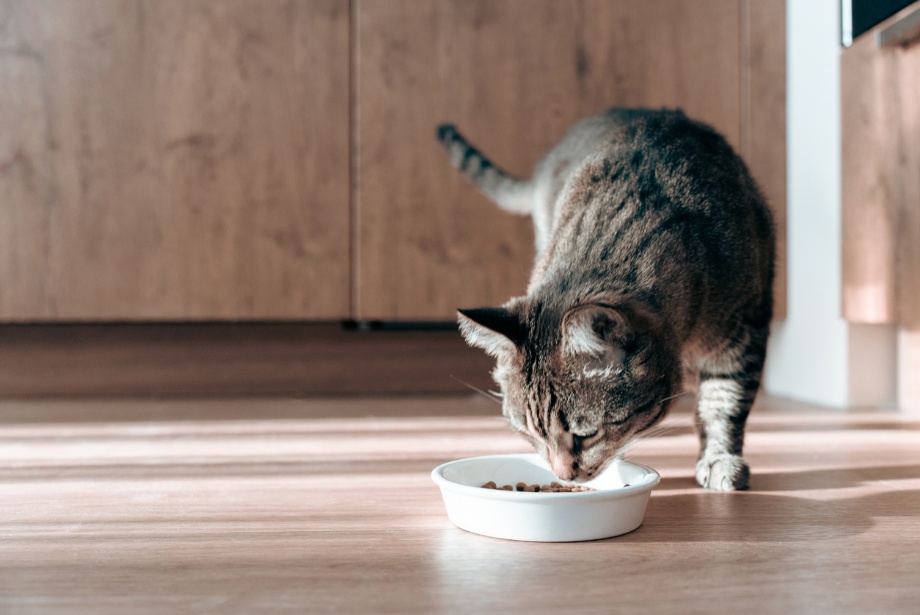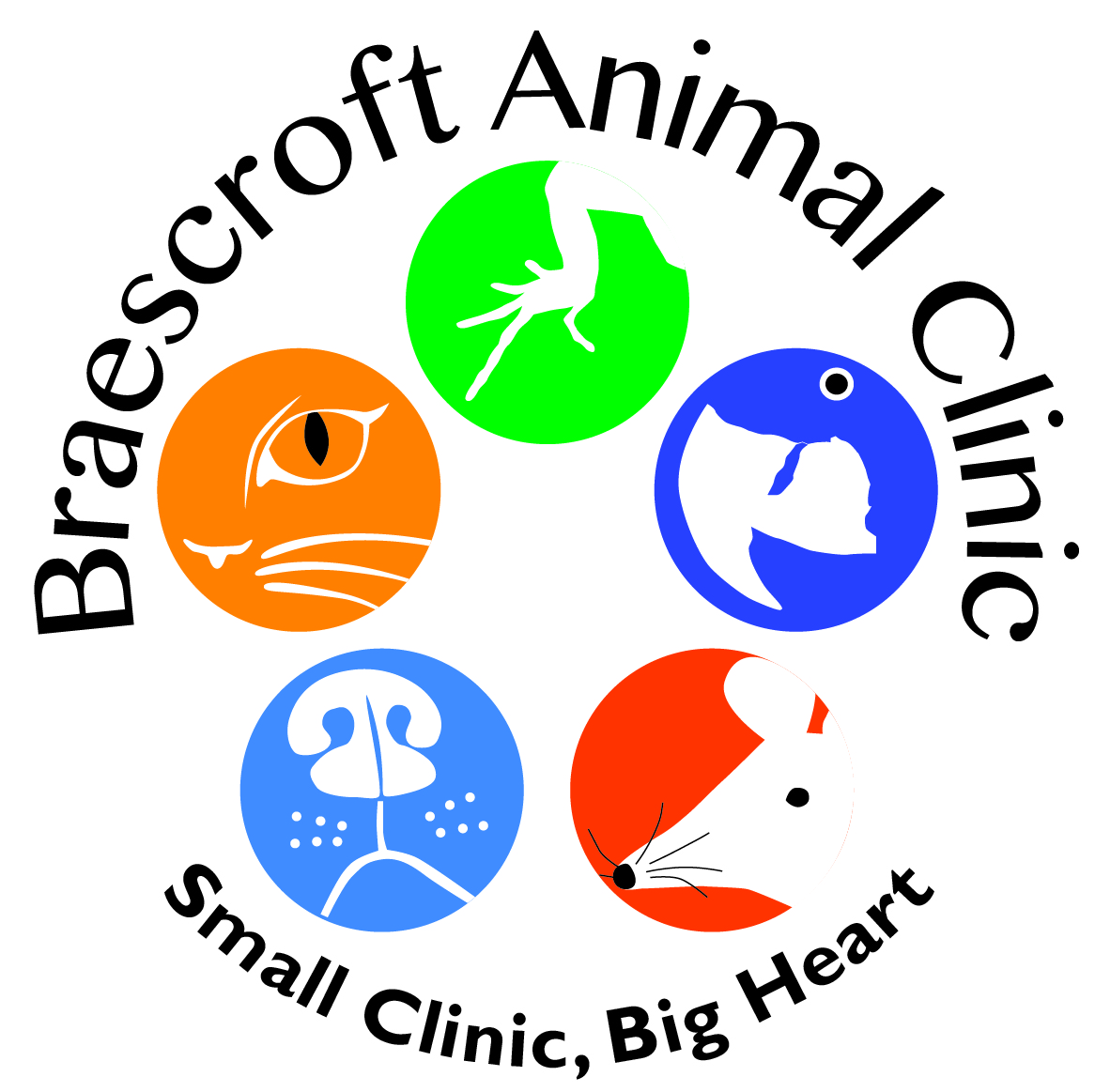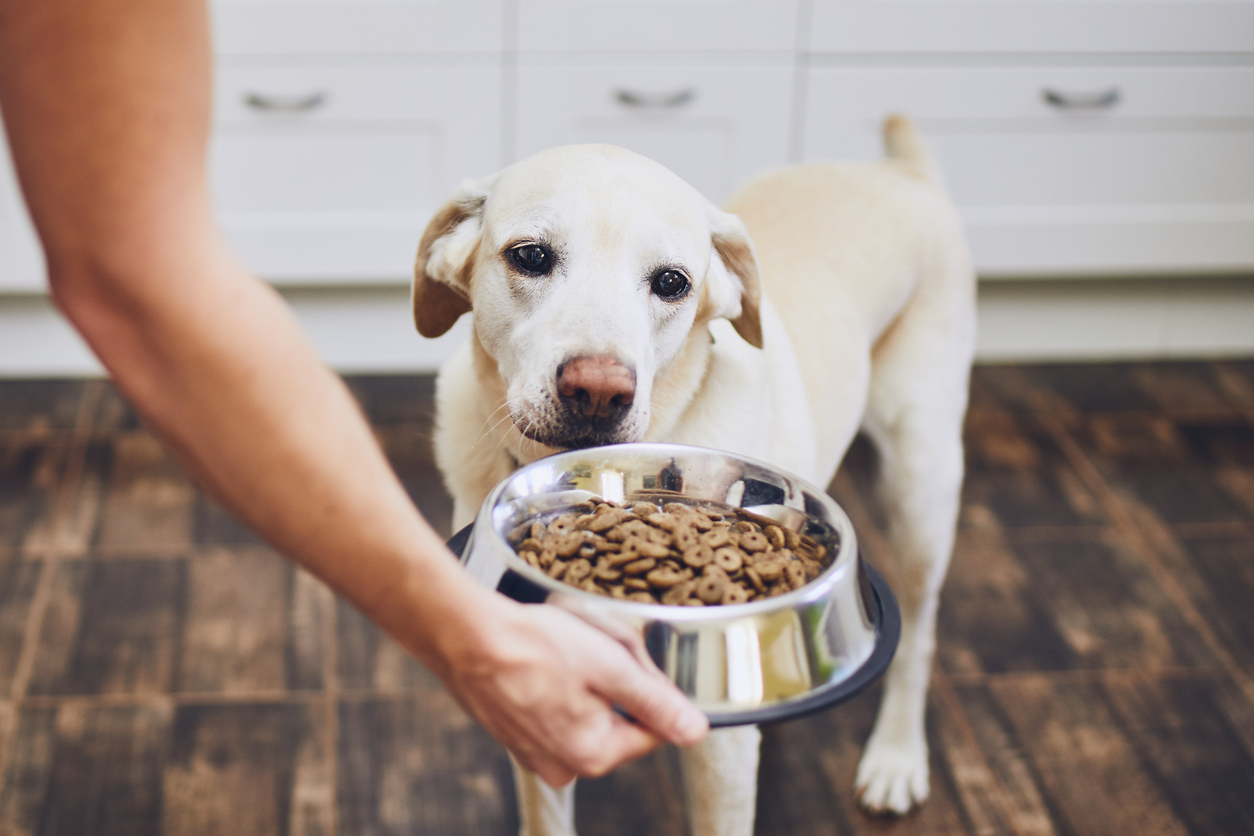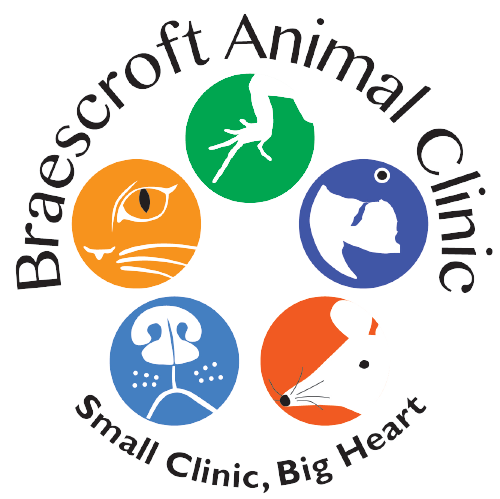At Braescroft Animal Clinic here in Houston, Texas, we believe informed pet owners make the best decisions for their furry companions. When it comes to pet food nutrition, many pet owners face a maze of marketing terms, conflicting advice, and common myths. In this article, we will debunk popular misconceptions and help you better understand what goes into your pet’s food and why it matters.
Pet Food Nutrition Myth: Are By-Products Low-Quality?

Fact: By-products are not only safe but can also be highly nutritious. In pet food nutrition, by-products refer to clean, non-meat parts of animals, such as liver, lungs, kidneys, and spleen. These parts often contain more essential nutrients than muscle meat alone, including vital vitamins and minerals.
For example, poultry by-product meal can contain 60% to 70% protein and is highly digestible. All by-products used by reputable pet food companies, like Purina, come from USDA-inspected plants and must meet strict nutritional and safety standards.
Pet Food Nutrition Myth: Food Coloring and Dyes Are Harmful to Pets
Fact: Scientific reviews have shown that FDA-approved food colorants do not cause allergic reactions or health issues in dogs and cats. In fact, food coloring is often added to pet food for consistency and to differentiate flavors. Some of these dyes are derived from natural sources such as turmeric and beet powder.
While artificial coloring may seem unnecessary, it does not impact the nutritional quality or safety of the food. As always, it is the overall pet food nutrition that matters most, not the appearance of the food.
Pet Food Nutrition Myth: Natural, Organic, and Holistic Mean the Same Thing
Fact: These terms can be confusing and are often used interchangeably, but they do not mean the same thing.
- Natural pet food ingredients are derived from plant, animal, or mineral sources without chemically synthetic processes.
- Organic refers to how ingredients are grown or raised, following USDA standards. Not all organic-labeled foods are 100% organic.
- Holistic has no official definition or regulation in the pet food industry and is mainly a marketing term.
None of these labels guarantee superior pet food nutrition. What truly matters is whether the food is complete and balanced according to AAFCO standards.
Pet Food Nutrition Myth: Preservatives Are Unsafe in Pet Food
Fact: Preservatives are essential in maintaining the freshness and nutrient stability of pet food. Without them, fats and vitamins can degrade, reducing the food’s nutritional value. There are both natural and synthetic preservatives used in pet foods.
Natural preservatives, such as mixed tocopherols (forms of vitamin E), come from vegetable oils. Synthetic preservatives, which are FDA-approved for use in human and pet foods, are often more effective and stable during processing and storage.
Properly preserved food helps ensure your pet receives consistent pet food nutrition from the first scoop to the last.
Pet Food Nutrition Myth: Corn and Wheat Are Just Fillers and Cause Allergies
Fact: Corn and wheat are frequently misunderstood. They are not simply “fillers” but are nutrient-dense ingredients that provide energy, protein, and essential fatty acids.
Corn gluten meal, for instance, contains 60% to 70% protein and is highly digestible. Wheat is a good source of complex carbohydrates and protein. Although any ingredient can cause an allergy, food allergies are relatively rare in pets and are more often caused by proteins such as beef or dairy.
Eliminating corn or wheat from your pet’s diet without a veterinary diagnosis may unnecessarily reduce the overall pet food nutrition.
Pet Food Nutrition Myth: Raw Diets Are the Most Natural and Healthiest Option
Fact: Raw food diets are often believed to mimic the natural eating habits of wild animals, but they come with risks. Raw meat can harbor harmful bacteria such as Salmonella, which may affect both pets and humans in the household. Bones, a common part of raw diets, can cause serious injuries, including fractured teeth and intestinal blockages.
Additionally, raw diets are often nutritionally unbalanced. They may lack critical nutrients such as calcium or provide too much vitamin A, which can lead to long-term health issues.
For optimal pet food nutrition, it is essential to choose diets that are complete, balanced, and scientifically tested.
Pet Food Nutrition Myth: Older Pets Need Less Protein to Protect Their Kidneys

Fact: It was once thought that high-protein diets might damage kidney function in senior pets, but research has proven this to be false. In fact, older pets often need more protein because their ability to metabolize it decreases with age.
A diet rich in high-quality protein can help maintain lean muscle mass and support immune function in senior dogs and cats. For pets with diagnosed kidney disease, a veterinarian may recommend phosphorus restriction rather than protein restriction.
Choosing the right balance of nutrients is key to promoting longevity and vitality through every stage of your pet’s life.
Pet Food Nutrition Help
There is no shortage of pet food choices on the market, and it is easy to feel overwhelmed. However, understanding the basics of pet food nutrition can help you make smarter decisions. Look beyond buzzwords like “natural” or “grain-free,” and focus on scientifically supported, complete, and balanced diets.
At Braescroft Animal Clinic, we are here to help guide you through the confusion. If you have questions about your pet’s diet or want personalized recommendations, schedule a consultation with one of our veterinary professionals. Your pet’s health starts with the food you choose.
9643 Hillcroft St.
Houston, TX 77096




